Yard Grading and Slope Improvement
Yard sloping helps direct water away from foundations and prevent erosion, ensuring a stable landscape.
Resloping can restore proper slope to an uneven yard, promoting healthy grass growth and preventing water pooling.
Adjusting yard slopes reduces soil erosion caused by improper drainage and heavy rainfall.
A well-graded yard improves curb appeal and can increase property value.

Leveling and shaping the yard for optimal drainage.

Bulldozers, graders, and compactors for efficient work.

A properly graded yard with smooth slopes.
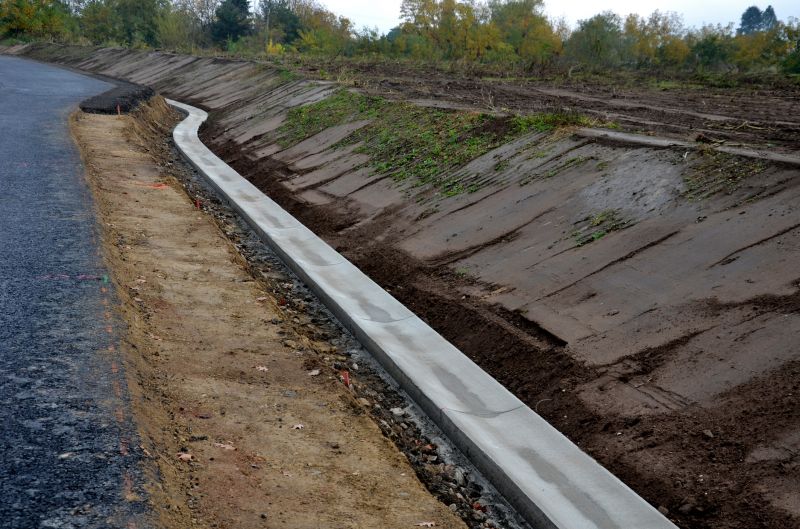
Installation of drainage systems after grading.
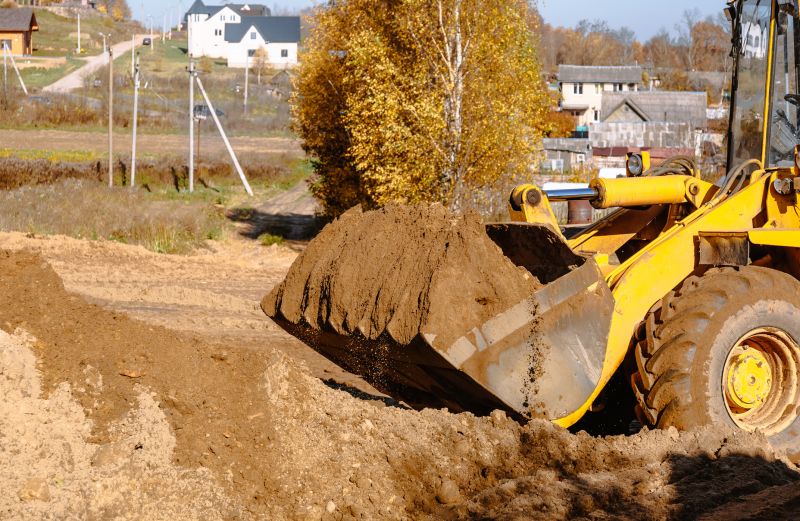
Custom grading for home landscapes.
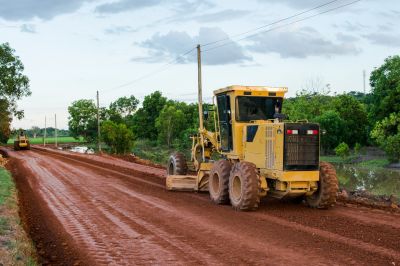
Large-scale grading for commercial properties.
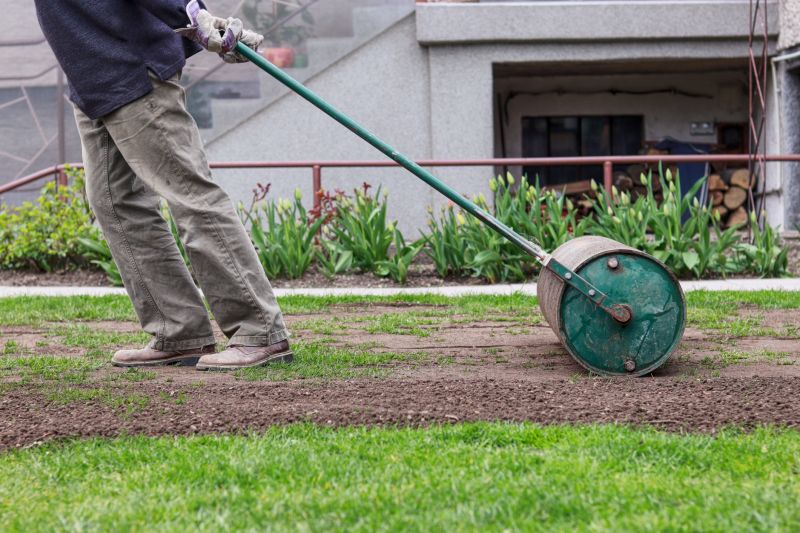
Transforming uneven yards into well-graded landscapes.
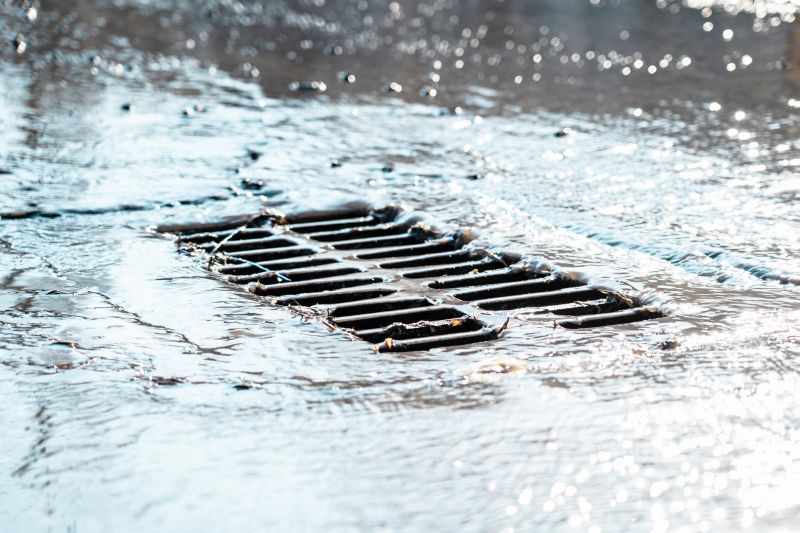
Proper grading to handle heavy rainfall.
The process of yard grading typically involves assessment of the current slope, excavation or fill as needed, and compaction to ensure stability. Professional equipment such as bulldozers, graders, and compactors are used to achieve precise slopes. The duration of grading work varies depending on the size and complexity of the yard but generally takes from a few hours to a couple of days.
Properly graded yards ensure effective water runoff, reduce erosion, and maintain landscape integrity. The work often includes installing drainage systems to direct excess water away from structures and prevent pooling.
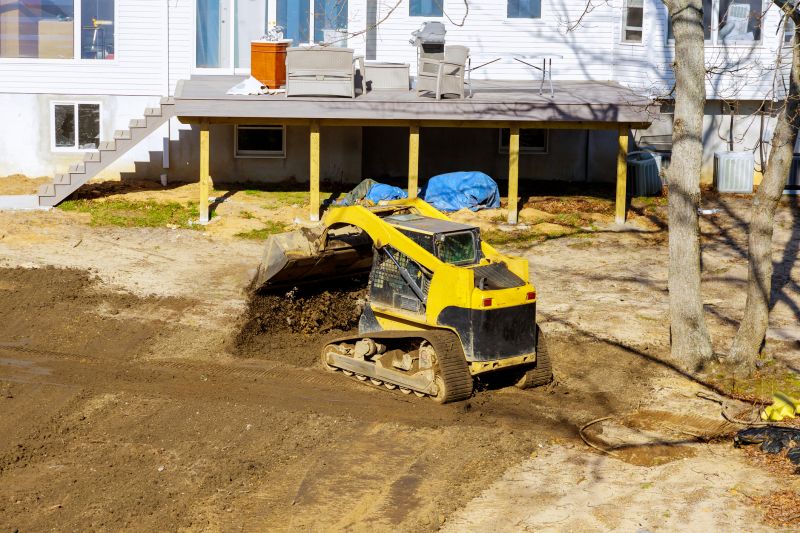
Excavation and shaping for proper slope.
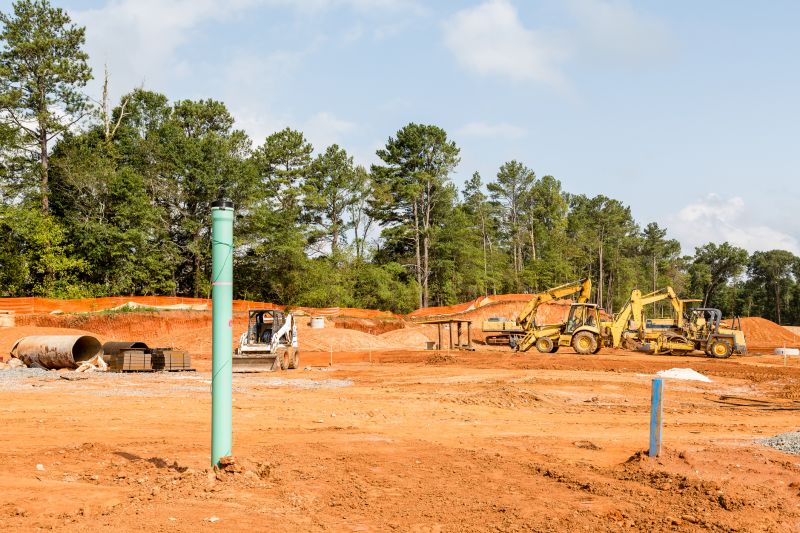
Heavy machinery preparing for grading work.
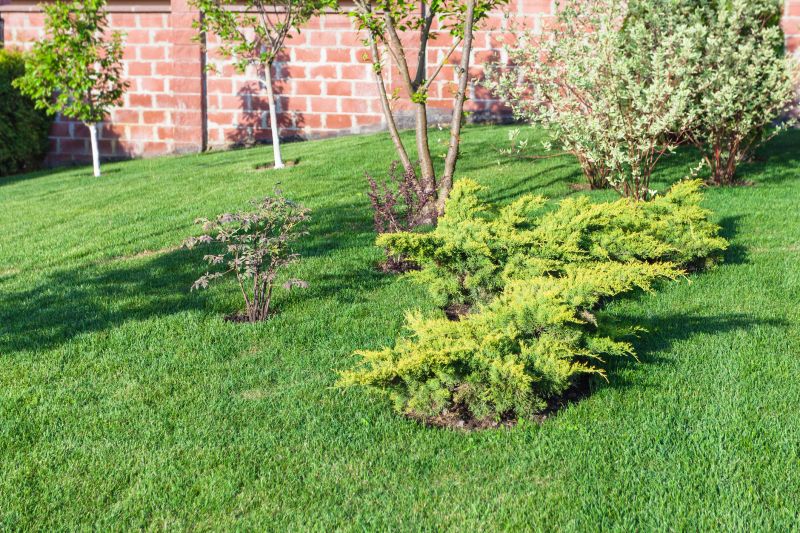
Smooth, even slope ready for landscaping.
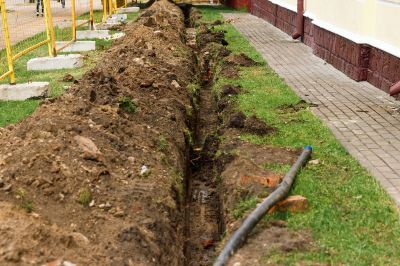
Adding drainage components after grading.
Yard sloping services are suitable for both residential and commercial properties. Residential projects often focus on enhancing curb appeal and drainage, while commercial grading addresses larger areas and specific stormwater management needs. Professional grading ensures the yard's slope is optimized for water runoff, soil stability, and landscape longevity.



